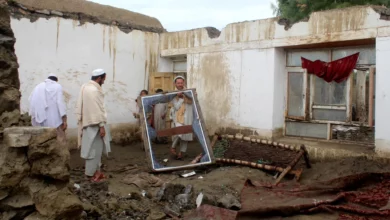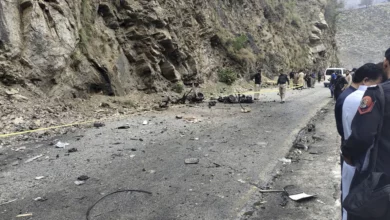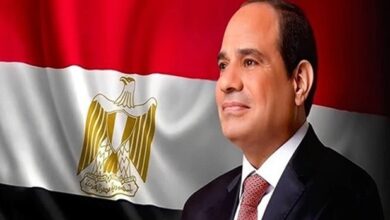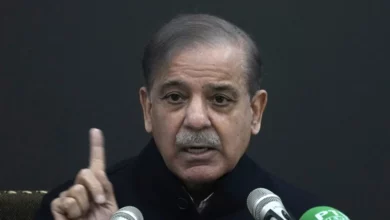KARACHI, Pakistan – Suspected gang members killed 39 people in two days in Pakistan's largest city, with many of the victims tortured, shot and stuffed in sacks that were dumped on the streets, officials said Thursday.
The gangs are allegedly affiliated with the city's main political parties and have been blamed for a surge in killings in recent months. The government has been unable to stop the violence, as it also grapples with a faltering economy and a raging Islamist insurgency.
The unrest illustrates the precarious state of Pakistan's stability at a time when the US wants the nuclear-armed country to step up its fight against Taliban militants who stage cross-border attacks against foreign troops in Afghanistan.
Seventeen people were killed in Karachi on Wednesday and another 22 on Thursday, said Saud Mirza, police chief in the teeming metropolis of some 18 million people. Many of the victims were tortured, shot in the head and stuffed in burlap sacks, he said.
A resident in one of the neighborhoods that has experienced much of the violence said people were afraid to leave their homes. He spoke on condition of anonymity because he feared being targeted.
The latest round of violence seemed to be driven by a mix of political and criminal motivations, said Sharfuddin Memon, the security adviser to the government in Sindh province, where Karachi is the capital.
"Gangs operating in the city are involved in the fresh killing," Memon said. "They are kidnapping people for different reasons, torturing and killing."
A senior leader of the most powerful political party in Karachi, the Muttahida Qaumi Movement, blamed some members of the ruling Pakistan People's Party for the recent violence. Raza Haroon claimed the killings were being carried out by a committee set up by the Pakistan People's Party to control violence in Lyari Town, a poor area and ruling party stronghold.
"Now the gangs have so much courage that they have started killing Urdu-speaking people ruthlessly," Haroon said in a press conference.
A large number of Muttahida Qaumi Movement's supporters are Urdu-speaking descendants of people who came to Karachi from India soon after the birth of Pakistan in 1947.
"We demand the government stop this horrible genocide of Urdu-speaking people," Haroon said.
Sharjeel Memon, Sindh's information minister and a senior member of Pakistan People's Party, declined to respond to the allegations. He said the chief minister of the province will hold a press conference later Thursday.
Supporters of the Pakistan People's Party have been targeted by the violence as well.
A former national lawmaker from the ruling party, Waja Kareem Dad, was gunned down Wednesday evening, according to Sharfuddin Memon, the security adviser.
Karachi has a long history of political, ethnic and sectarian violence, but the recent wave is high by historical standards. More than 300 people were killed in July alone.
The recent bout of violence followed a decision in late June by the Muttahida Qaumi Movement to leave the federal coalition led by the Pakistan People's Party and join the opposition.
There were at least 490 political, ethnic and sectarian killings in Karachi during the first half of the year, among more than 1100 killings overall in that time period, according to the Human Rights Commission of Pakistan.




